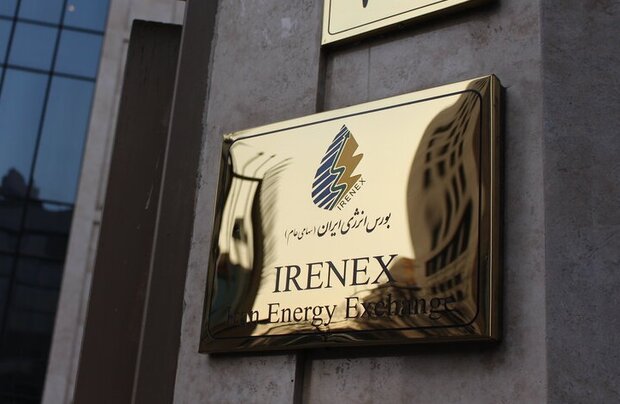This is the first gasoline cargo that will be offered at the energy exchange. The base price for each ton at this offering is set at $581.
The minimum amount of sales will be 1,000 metric tons and the purchased product is going to be delivered at the PGSR storage in southern Iran.
As decided at IRENEX, the applicants have to initially pay 10 percent of the value of the contract in rials or other foreign currencies and in case their bidding is accepted they must pay the rest to receive the purchased cargo.
The buyer company will also be required to pay for loading and unloading costs at the source of delivery.
According to the Managing Director of IRENEX Ali Hosseini, Afghanistan is the export destination for the 10,000-ton cargo of the first offering.
Hosseini mentioned that like crude oil, the offering of gasoline will also be held every week with the same amount.
For the time being, purchasing the offered gasoline is solely limited to companies (legal entities) and it is bound to be done under contracts with NIOC and Iranian and foreign companies are required to provide evidence and legal documents to prove their legitimacy.
Since the U.S.’s withdrew from Iran’s nuclear pact in May 2018, vowing to drive Iran's oil exports down to zero, the Islamic Republic has been taking various measures to counter U.S. actions and to lessen its economy’s reliance on oil.
In the past few years, Iranian think-tanks and energy experts have been repeatedly stating that the country should increase its refining capacity in order to lessen the economy’s reliance on crude sales. In this regard, one of the main strategies of the National Iranian Oil Company in recent years has been focusing on the country’s refineries.
Earlier this month, the Oil Minister Bijan Namdar Zanganeh announced that the country’s daily gasoline production exceeded 110 million liters to mark a new record in the country’s gasoline production history.
The NIOPDC reports indicate that the country’s daily gasoline production has witnessed a 5 million barrels increase in the past six months.
The increased in the gasoline output has been mostly due to the inauguration of the third phase of PGSR.
President Rouhani inaugurated the third phase of the refinery in a ceremony on February 18 participated by the oil minister.
The refinery in Bandar Abbas, the capital city of the southern province of Hormozgan, is the first of its kind designed based on gas condensate feedstock.
MNA/TT
